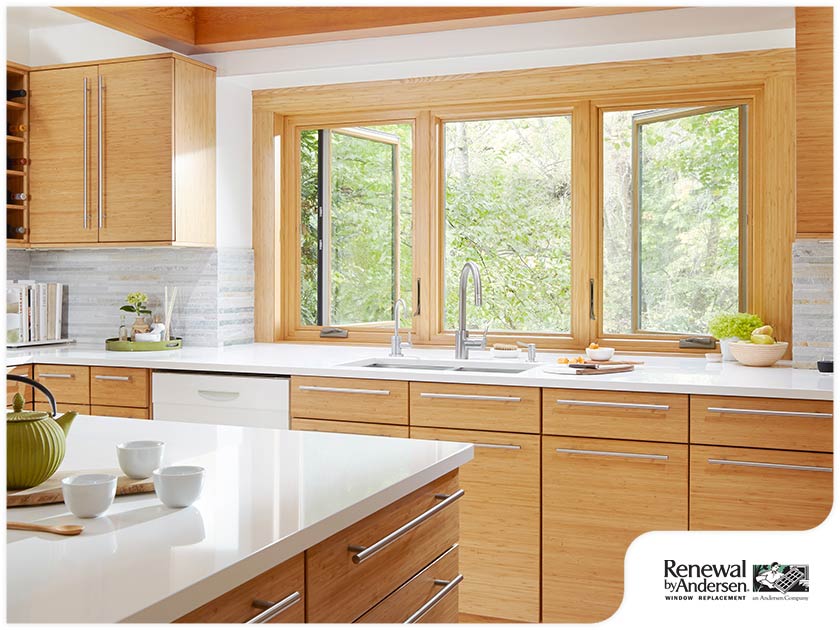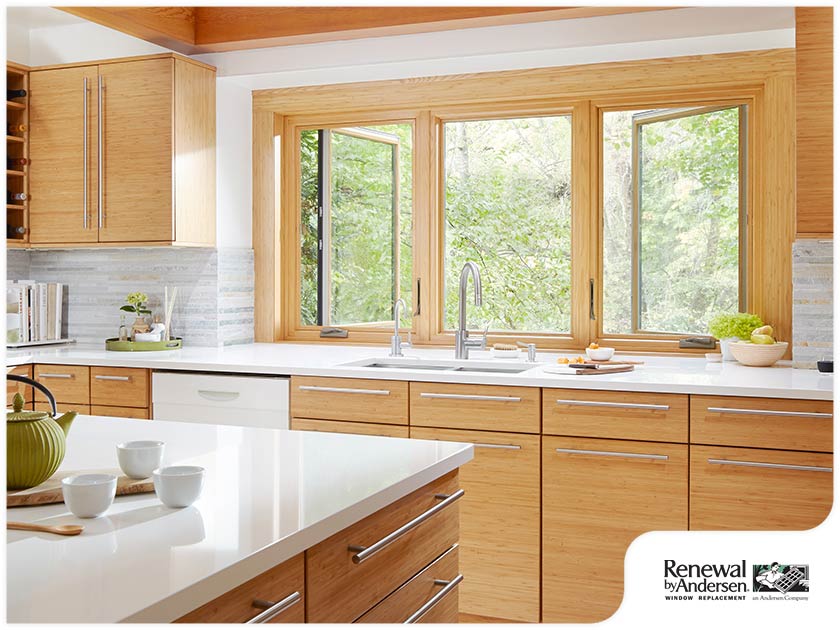MENU


Backsplash is important for any kitchen as it can easily bring style and light to the room, making your kitchen feel more open and bright. There are plenty of ways homeowners can make a unique backsplash for your kitchen and one of the most popular methods you can use to get this done is with specialty windows.
In this article, home improvement expert Renewal by Andersen® of Atlanta discusses how you can use your specialty windows as your kitchen backsplash.

Most backsplashes are traditionally 18 inches high. However, you don’t need to let that restrict you as experts say you’re more than free to extend the measurement of the specialty window you’re using as your kitchen’s backsplash. By doing so, you can allow more natural light into your kitchen.
On the other hand, if you want to use a unique way of allowing natural light into your kitchen and keep your privacy intact at the same time, then consider using glass block as your specialty window’s glass. For assistance in installing a specialty window with glass block in your kitchen, simply turn to Renewal by Andersen of Atlanta, the pros to approach when it comes to installing brand new windows and doors in your home.
Alternatively, if you aren’t keen on using glass block for your specialty windows, you can also consider having the glass of your kitchen backsplash window frosted instead. That way, you can control the amount of privacy your kitchen will have as well as the amount of sunlight that enters your kitchen.
Need to install new windows and doors in your home? Look no further than Renewal by Andersen of Atlanta. When it comes to window and door replacement projects, we are the number one service provider to approach and we won’t let you down! Give us a call at (866) 609-5033 or fill out our contact form to schedule a FREE consultation. We serve homeowners in Atlanta, GA, and other nearby areas.